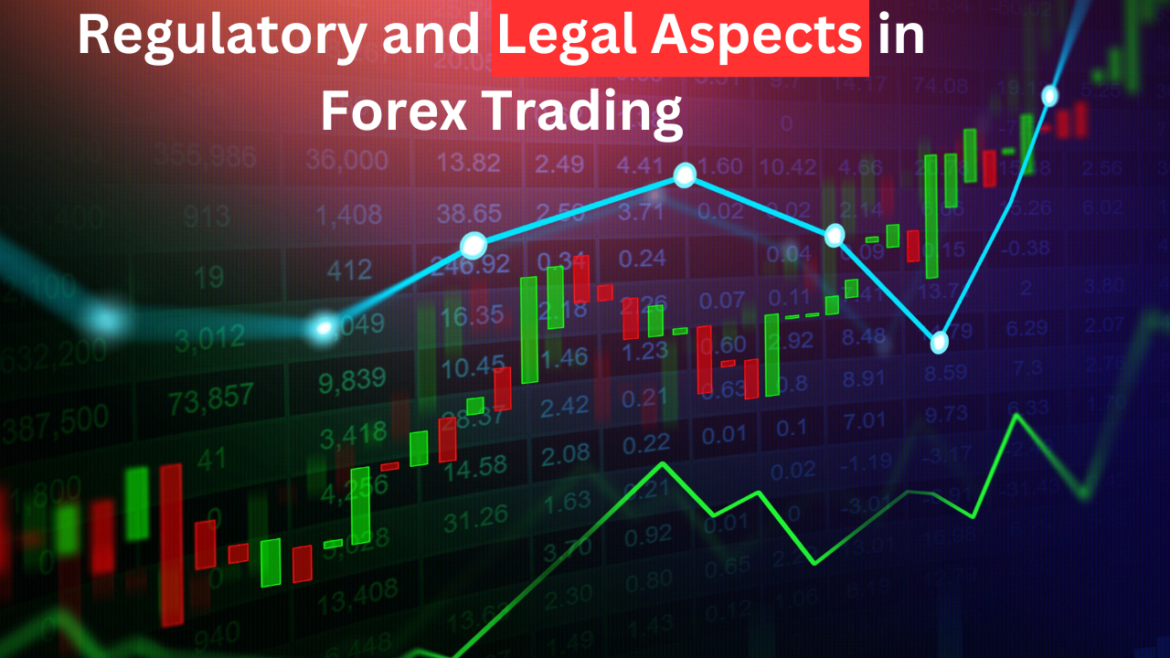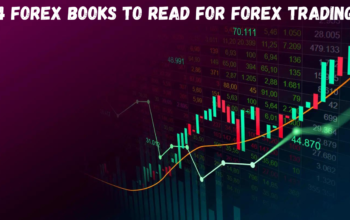Forex trading, or foreign exchange trading, incorporates the buying and selling of currencies on a global market. While it offers enormous profit opportunities, it is also a highly regulated industry due to the substantial risks involved. Understanding the regulatory and legal Facets of forex trading is important for anyone included in this market, from individual traders to large financial institutions.
Global Regulatory Bodies:
Because there is no central exchange the foreign exchange market functions decentralized spanning several nations. This means that it is governed by numerous independent and governmental organizations across the globe. Among the most well-known regulatory organizations are:
- Commodity Futures Trading Commission (CFTC) and National Futures Association (NFA) in the United States:
These organizations monitor the U. S. s. ensuring that brokers conduct themselves honestly and openly in the forex market. The NFA offers supervision and education to market participants while the CFTC enforces laws against fraud and manipulation.
- Financial Conduct Authority (FCA) in the United Kingdom:
In the UK forex brokers are subject to regulations by the Financial Conduct Authority (FCA) which makes sure they follow stringent guidelines for transparency and behavior. Setting standards for reporting capital adequacy and client funds protection also serves to safeguard traders.
- Australian Securities and Investments Commission (ASIC):
With an emphasis on protecting investors and maintaining market integrity, ASIC regulates forex trading in Australia. It upholds laws requiring brokers to conduct business fairly and transparently.
- European Securities and Markets Authority (ESMA):
In Europe the ESMA coordinates regulation across European Union member states, authoritative strict guidelines on leverage limits, margin requirements, and advertising practices to protect traders.
Each country has its regulatory framework, and traders need to be aware of the specific regulations that apply to their region.
2. Licensing and Registration
One of the most important angles of regulatory observance in forex trading is licensing and registration. Forex brokers must be licensed by the relevant regulatory body in the country where they operate. This licensing process ensures that the broker meets particular financial standards and follows ethical business practices.
- Licensing Requirements: Brokers need to prove they have sufficient funds a strong business plan and appropriate risk management procedures to be granted a license. To safeguard trader’s funds they must also segregate client funds from operating expenses
- Registration: Traders should constantly confirm that the relevant regulatory body has registered their broker. By registering the broker guarantees that they are overseen and that they follow rules aimed at protecting traders. Unregistered brokers run the risk of operating illegally which puts traders in danger.
Compliance with Anti-Money Laundering (AML) and Know Your Customer (KYC) Regulations:
To stop unlawful activities like money laundering and financing of terrorism forex brokers must abide by Know Your Customer (KYC) and Anti-Money Laundering (AML) regulations. Brokers must comply with these rules by:
- Verify Client Identity: Brokers must collect and verify personal information from their clients, including identification documents and proof of address. This process helps ensure that the trader is who they claim to be and prevents fraudulent activities.
- Monitor Transactions: Brokers are required to monitor client transactions for suspicious activity, such as unusually large or frequent trades that may indicate money laundering. If suspicious activity is detected, brokers must report it to the relevant authorities.
- Maintain Records: Brokers must keep detailed records of client transactions and identification information for a specified period. This requirement ensures that regulators can review these records during audits or investigations.
Leverage and Margin Requirements:
Leverage and margin requirements are enforced by regulators to shield traders from taking on unwarranted risk. Although leverage increases the possibility of losses it also enables traders to manage a larger position with less capital. The amount of leverage that brokers can offer is limited by regulatory bodies to reduce this risk.
- Leverage Limits: In the European Union, for example, ESMA has imposed a maximum leverage of 30:1 for major currency pairs and even lower for minor pairs and exotic currencies. In the United States, the CFTC limits leverage to 50:1 for major currency pairs.
- Margin Requirements:
To keep their positions open traders must maintain a minimum margin level. A margin call that forces the trader to increase their deposit or close some positions to lower risk may be issued by the broker if the margin drops below a predetermined threshold.
- 5. Dispute Resolution and Legal Recourse
Even though regulations, contentions between traders and brokers can still arise. It’s important to understand the legal recourse available in such situations.
- Complaints Process: A formal complaints process is typically offered by regulatory bodies to traders who believe their broker has been treating them unfairly. The regulatory body is open to complaints from traders and upon receipt of such reports, it will look into the matter and take necessary measures.
- Arbitration and Mediation: A neutral third party assists the trader and broker in settling disputes through arbitration or mediation in certain situations. Going to court is usually more expensive and takes longer in this process.
- Legal Action: If arbitration fails, traders may have the option to pursue legal action against the broker. However, this can be a costly and time-consuming process, and the outcome is not always guaranteed.
Conclusion:
The regulatory and legal aspects of forex trading are complex but essential for ensuring a fair and transparent market. By understanding these regulations, traders can protect themselves from fraud, excessive risk, and legal disputes. It is crucial to trade with licensed and regulated brokers, comply with AML and KYC requirements, and be aware of leverage limits and margin requirements. Staying informed and vigilant in this highly regulated industry is key to success and long-term profitability in forex trading.

